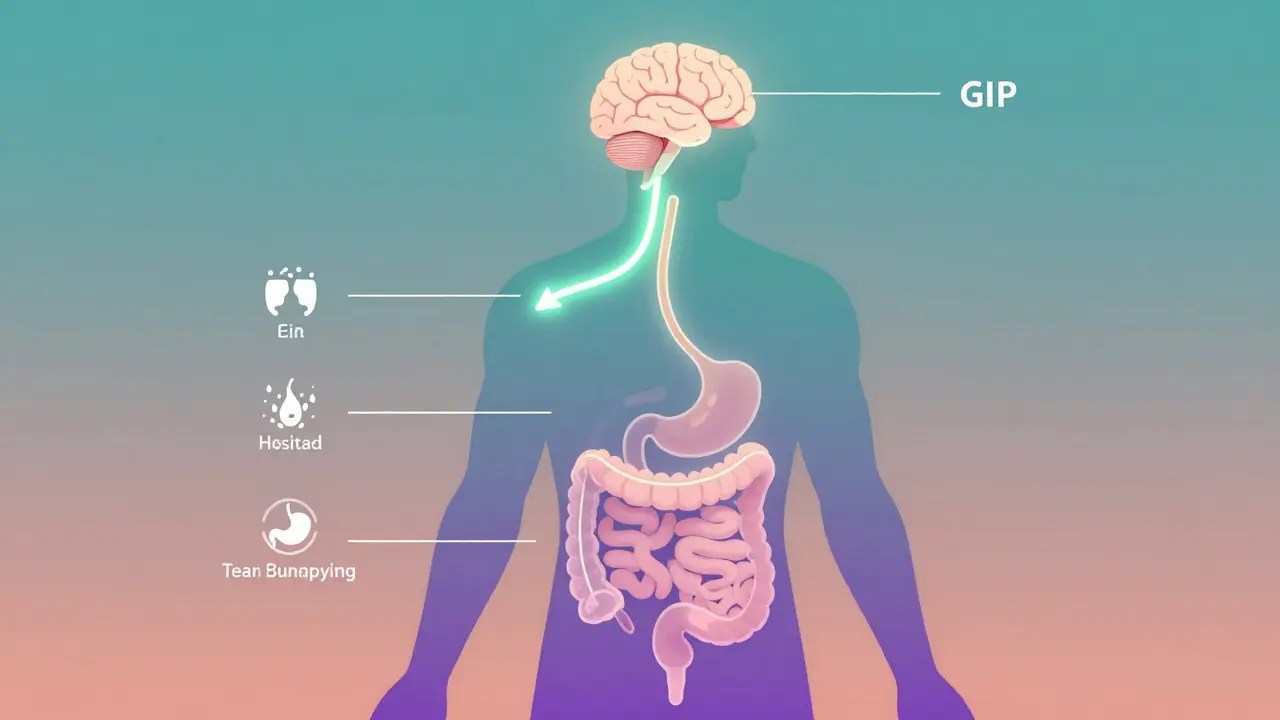Weight loss: safe, practical steps that actually work
Want to lose weight without extreme diets or guesswork? Start with small, proven moves you can keep doing. Rapid fixes burn out fast. Instead, pick habits that cut 300–500 calories a day and add activity you enjoy. That creates steady progress you can sustain.
Daily habits that move the needle
Focus on three things first: food, activity, and sleep. For food, aim for a consistent calorie gap—eat slightly less than you burn. Prioritize protein at every meal (eggs, chicken, beans) to keep you full and protect muscle. Swap sugary drinks for water, and eat more vegetables. You don’t need to eliminate treats; plan them so you don’t overdo it.
For activity, mix cardio with resistance training. Walk 30–60 minutes most days and add two short strength sessions weekly. Building muscle raises your resting calorie burn and makes results last. If you’re short on time, try three 10-minute bursts of movement spread through the day.
Sleep matters more than people admit. Poor sleep raises hunger hormones and makes food choices worse. Aim for 7–9 hours and fix one bedtime habit—no screens 30 minutes before bed, or a cooling, dark room.
Medications, supplements, and safety tips
Some prescription drugs help with weight loss but they aren’t for everyone and need a doctor’s guidance. Drugs like GLP-1 agonists (semaglutide, tirzepatide) have helped many people lose weight recently, but they come with side effects and cost considerations. Other meds can cause weight gain—certain antidepressants, steroids, and some diabetes drugs—so ask your clinician if any current meds could be working against you.
Supplements sell well, but evidence is mixed. Things that improve sleep or stress (for example, herbal sleep aids) can help indirectly because better sleep and lower stress make it easier to stick to a diet. Be skeptical of any product promising fast fat loss. Look for human studies, check doses, and watch for interactions with medications.
Before starting any new medication or supplement, talk to a healthcare provider who knows your history. Get basic labs—blood sugar, thyroid, lipids—so you aren’t chasing the wrong cause. If weight loss stalls, simple strategy tweaks often help: adjust calories slightly, swap a snack for a protein-rich option, or add an extra strength session.
Small wins add up. Pick one dietary change, one movement habit, and one sleep habit. Track progress weekly, not daily, and aim for about 0.5–1% body weight loss per week. If you want tailored options—safe meds, realistic plans, or supplement reviews—our site has guides on prescription choices and supplement safety to help you decide with a clinician.
Start with tiny, consistent changes and get medical input before trying drugs or new supplements. That’s how you lose weight safely and keep it off.






